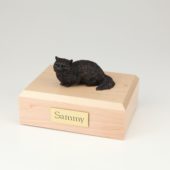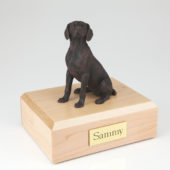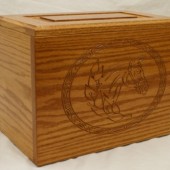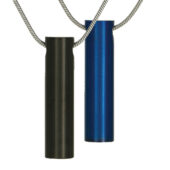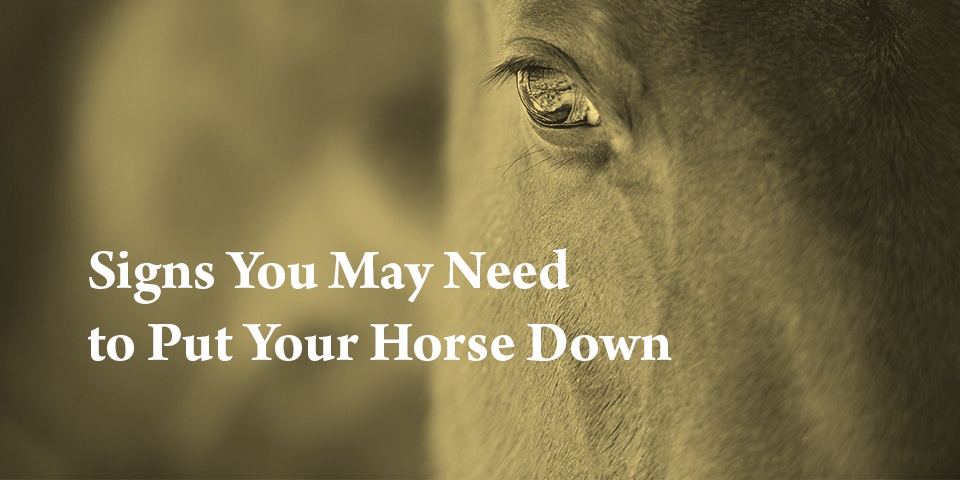
A beloved horse is many things — a friend, a confidant, a working partner, an adventure buddy. But sooner or later, whether from illness, injury or old age, you will face the prospect of saying goodbye.
Knowing the signs a horse is dying can help. Having an early warning can help you process your emotions, take time to prepare and give your horse the most loving last days on earth you can.
Signs That a Horse Is Ready to Pass
Is your horse dying? The bond you have with your horse is unlike the bond you share with anyone else. So when your horse is getting close to the end of its life, you’ll likely be able to tell.
Each horse is different, and you’ll probably want to consult with your vet to be sure. But you may be able to intuit what’s going on if you check for certain changes in behavior.
Here are a few of the potential symptoms your horse may show before passing away:
1. Persistent Illness
Especially in older horses, a persistent illness can wear the animal’s body down. Diseases such as colic and Cushing’s disease, or any ailment that causes coughing, can point to a dwindling lifespan if they persist long enough. If your elderly horse can’t shake an illness despite your most loving ministrations and your vet’s best efforts, this could be a cautionary sign.
2. Inability to Recover From Injuries
An older horse may not be able to rebound from injuries the way a younger horse would. Lingering effects from an injury could indicate a more serious decline. A horse that has struggled with laminitis may lie in its stall, or a horse that has fallen may lack energy, persistently appearing sluggish and tired. If your elderly horse seems to feel permanent effects after an injury occurs, it could be getting closer to the end of its life.
3. Changes in Behavior
Unexplained changes in behavior can also indicate a serious shift for your elderly horse. If your horse seems lethargic, is slow to get up, seems less excited about seeing you or other horses or seems to respond less enthusiastically to exercise, you may need to begin thinking about end-of-life care and considerations.
If your horse shows less interest in your usual adventures, though, remember that your horse doesn’t love you any less. Your horse may merely not have enough energy to show affection as its body begins to shut down.
4. Lack of Interest in Eating
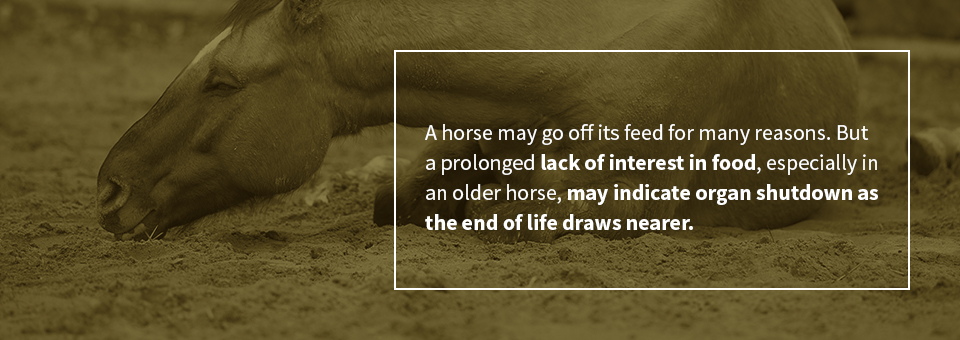
A horse may go off its feed for many reasons. But a prolonged lack of interest in food, especially in an older horse, may indicate organ shutdown as the end of life draws nearer.
5. Difficulty Standing Up
One of the signs a horse is dying can be that it wants to stand up but cannot do so. The horse may lie down for a while, struggle to rise and become upset. If you see these signs in an older animal, they may be the horse’s way of telling you that the end of its life is near.
How to Comfort a Dying Horse
Once you have determined that your treasured companion will soon pass away, you’ll want to make the final days comfortable and reassure the horse of your love and care. Being gentle and patient with your horse in its decline can help make the transition more peaceful. Here are a few tips for comforting your beloved horse in its last days or hours:
1. Keep Your Horse Company
Being present around your horse for this time can be exceptionally beneficial. Even if your horse has deteriorating eyesight, smelling your familiar scent and hearing your caring voice can bring comfort. Spend time with your horse in the stall, or take your horse out into the fresh air and sunshine if it seems up for a walk. Providing gentle, loving experiences in your horse’s last days is a wonderful way to say goodbye.
2. Surround Your Horse With Familiar Things
If your horse is fading, it will likely take immense comfort in familiarity. If you have people around your stables, make sure they’re people your horse knows and feels comfortable with. If your horse is well enough for short outings, you’ll likely want to keep to familiar surroundings. New environments can cause anxiety, but familiar faces and places can help calm and comfort your ailing equine friend.
3. Maintain Familiar Routines
Similarly, you’ll want to maintain your horse’s usual routines as long as you can. If your horse still shows interest in eating, keep to regular mealtimes — though perhaps with a few special foods or extra treats thrown in. And if your horse still seems willing to go out and about, maintaining gentle exercise routines like walking around a pasture can help your horse feel enjoyment and ease.
Of course, you’ll want to monitor your horse carefully and scale back your activities if you think they’re too much. But as long as your horse feels up for some of its old routines, they can help you continue to give your longtime companion a normal, happy life.
4. Discuss Pharmaceutical Options With Your Vet
If your horse is in extreme discomfort, you may want to talk to your vet to see whether pain-reducing medication is a good option. Making your horse as comfortable as you can in the last days of its life is an excellent way to provide love and care.
I Think My Horse Is Dying: What’s Next?
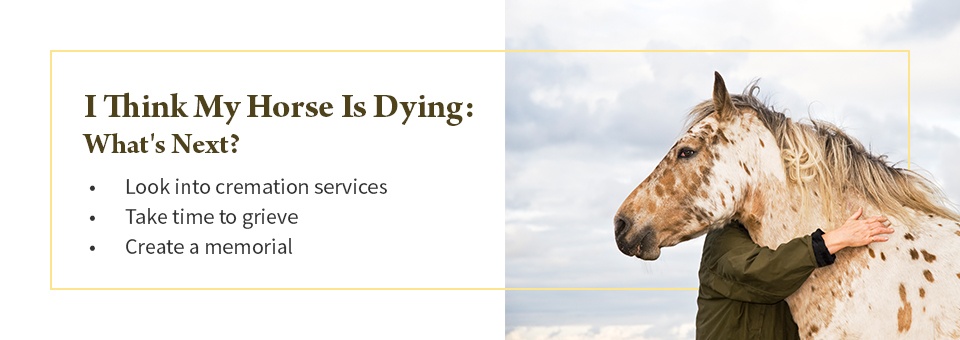
If you think your horse is dying, you’ll need to start making plans. Below are a couple of options to help you say goodbye to your horse and honor its memory:
- Look into cremation services: Working with a professional company for horse cremation services helps you say goodbye with compassion and dignity. Afterward, you can have the cremains spread on a peaceful designated farm, scatter or bury them yourself in a meaningful place, or keep them with you. Choosing a horse urn can provide you with a beautiful, lifelong reminder of your equine companion.
- Take time to grieve: When you lose a treasured horse, remember to take time to grieve and process your loss. Talking to friends and loved ones, holding a memorial service if you wish and taking care of yourself with sleep, nutritious food and exercise can all help you slowly begin to heal.
- Create a memorial: After the cremation, you may want to create a memorial to honor your horse and the wonderful times you had together. The possibilities for memorials are endless, from scrapbooks to decorative horseshoes to donations in your horse’s name, so you’ll be able to find an idea that fits your style and brings you fond memories of your dear friend.
Contact Agape Pet Services for Empathetic, Respectful Horse Cremation Services
When your horse passes on, consider working with Agape Pet Services for cremation. Our gentle, respectful processes treat your horse with dignity From the time we pick them up in our unique Agape sled that allow us to pick up your horse without pulling on limbs, to the time your horse remains are delivered back to you in a beautiful bag and box. Return your horse to the earth it loved, or keep an urn in your home so you can feel close to your cherished companion.
Contact us today to learn more.
